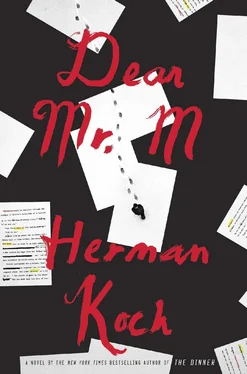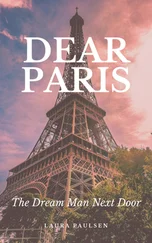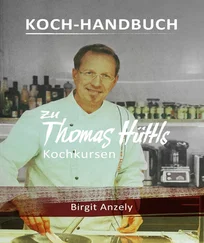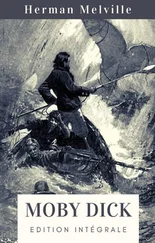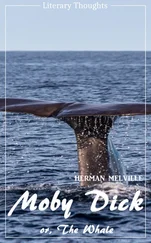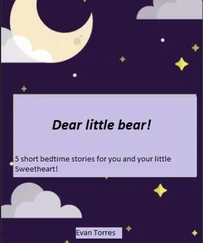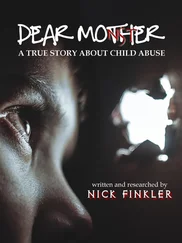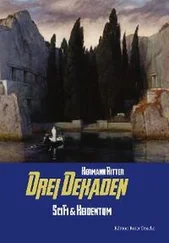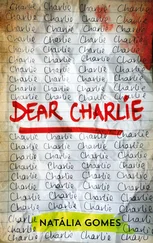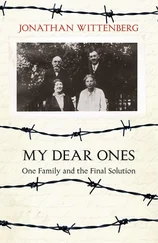Where is that exactly, Retranchement? I’ve never heard of it. They had been lying close together in their hotel bed, the bed in a hotel along the main road to Utrecht, Laura had leaned across him to take a pack of cigarettes from the nightstand. Their affair had been going on for only two weeks: the first time they did it fast, like in a movie, clothes left behind at the door, underwear and shoes in a hasty trail from door to bed, and then, after a cigarette or two, again, slowly, attentively, waiting for each other. It had been so long since I’d been there, she’d said of her parents’ house in Zeeland. When I was little I thought it was a great adventure, but later on I started getting bored, with only my parents and my little brother. He asked her precisely where that was in Zeeland, just to ask something, not because it really interested him, it was only that, when he heard the funny, un-Dutch name Retranchement, he had thought she was pulling his leg.
It’s not actually in Retranchement itself, it’s in a little village close by, Terhofstede. Last summer we went there with a group of friends. Then it was fun again.
On that last evening at his place, the evening when she had lost her earring in the bathroom, she’d told him that she was going there again with the same friends that fall.
One evening, a few days before the Christmas vacation, he had called her. “Don’t hang up right away!” he said quickly. “I have something important to tell you.” He heard her sigh at the other end; he tried not to think about the last ten times he’d called her and only breathed into the phone.
“Please, Jan,” she said. “Please. Just stop this.”
“You’re right,” he said quickly. “I’m stopping. That’s what I’m calling about. To tell you that I’ve stopped.”
He was drunk, he did his best to keep talking in the hope that she wouldn’t notice, but he felt his words slipping away, struggling to keep their balance — while yet other words kept sticking together.
“Jan, I’m hanging up now. I don’t want to talk to you.”
“Wait! Wait a minute! Let me finish, I’m almost finished. Then you can hang up.”
He was half expecting to hear the dial tone, but she didn’t hang up; she didn’t say anything, but she didn’t hang up either.
I miss you, Laura. I can’t live without you. Without you, I’m not going to go on living either. Before the year is over, I’m going to put an end to it.
Covering the horn with one hand, he reached for the whiskey bottle and raised it to his lips.
“I want to meet you one last time,” he said after the third gulp. “No, it’s not what you think,” he added promptly when he heard her sigh again. “I don’t want anything from you, I promise. You decide where. In a café or something, wherever you like. Tomorrow. Or the day after.”
“I can’t, not tomorrow. And the day after tomorrow I won’t be here anymore. I’m going away.”
He felt an air bubble, somewhere just below his midriff, a bubble that needed to get out now. He covered the horn again and tried to burp, but the only thing that came up was whiskey, whiskey and something else. Where are you going? No, he mustn’t ask that.
“My parents are going to New York,” she said.
“Are you going to New York! That’s great! So you’re leaving the day after tomorrow? Well, maybe we can—” Maybe we can meet up tonight, then? But that was not a good idea, he had no idea what time it was — he’d known what time it was when he called, but meanwhile he’d lost track completely.
“I’m not going along,” she said. “My little brother is.”
And that was the moment when he’d known — despite his drunken, pounding head, he realized that he should ask no further. Her parents were going to New York. With her brother. She had the whole place to herself, there was no reason to go away, but still she was going away, she’d just said so.
With him! He closed his eyes tightly. For three whole seconds he thought about Herman’s unmanly body, his stringy, unwashed hair, the little, beaded bracelet around his wrist, his stinking rubber boots, his malformed teeth. Fucking shit, how can she do that?
“I’ve got an idea,” he said. “I’m going to leave it completely up to you. You don’t want to meet up now. You can’t meet up now. So let’s just agree that you call me. Whenever the time’s right for you. Maybe you think right now that we shouldn’t meet up at all, but that’s not true, Laura. But you decide when. I won’t call you again.”
—
At the gas station where he stopped between Goes and Flushing they didn’t have a French map, but they did have a detailed map of Zeeland province. That morning in the attic, by first light, he examined it. The closest town of any size was Sluis. Terhofstede was on the map too, and he did his best to memorize the route — both there and back again.
That was why, when they reached the bridge over the canal, he had almost automatically turned left. That’s what he thought he remembered seeing on the map. No, not “thought he remembered,” he remembered with one-hundred-percent certainty that this was the way to Sluis. That was also why he hadn’t turned around when Herman called him. For the last fifteen minutes Herman had been lagging a bit, meanwhile they had left behind the last houses of Terhofstede and now only passed the occasional farm, a bit further back from the road. They saw no one at all, only once a growling watchdog that ventured a few steps from its yard but quickly turned back.
“We have to turn right here!” he hears Herman call out for the second time, and this time he does turn around.
Herman is still standing on the other side, at the start of the bridge, he’s holding something up to his eye, a telescope, Landzaat thinks at first, but then he sees it is a camera. A movie camera.
A movie camera! Herman is filming him — maybe he has been filming him for a while, while he was lagging behind. His first impulse is to yank the camera out of Herman’s hands and toss it in the canal. Into the frozen canal. He pictures the way the camera might bounce once and then break into pieces. No, not that. Not a good idea. Silently, he counts to ten.
“Are you sure?” he shouts. “I thought Sluis was in that direction.”
He points. He points toward Sluis, toward the spot beyond the trees and a few more whitened fields and dikes lined with pollard willows, to where he is sure Sluis must be.
“No, here, to the right,” Herman shouts back — Herman is still standing on the other side of the bridge; in the silence that follows Jan Landzaat hears a new sound that he can’t quite place at first, a quiet rattle. The camera! He’s just gone on filming! He’s filming what it is I’m going to do. “I’ve done this before, the fastest way is to the right.”
Slowly, he turns and starts walking back to the bridge. As slowly as possible, to win time, to give himself time to think. He can’t imagine that Herman could be wrong about this. To the right, along the canal, is the opposite direction; it will only take them further and further away from Sluis. And closer to the sea, to the bird sanctuary. The Zwin, that’s what it was called — he’d seen it on the map that morning.
—
His Plan B was every bit as simple as it was elegant, if you asked him. He hadn’t even spent the whole night thinking about it: the initial outline had been there in less than a second, half a second at most, in a clear flash. He lay staring at the plank ceiling in the light of the streetlamp, but the idea was so clear and blinding that the yellowish light on the planks and beams seemed for that half second to turn a fraction of a shade darker.
Читать дальше
